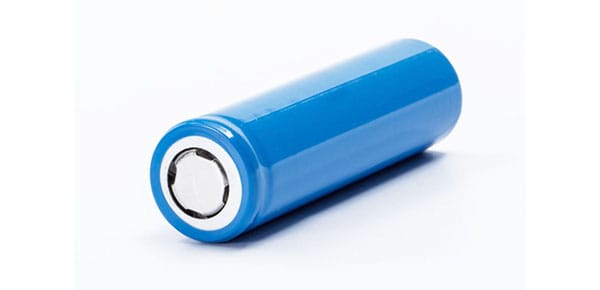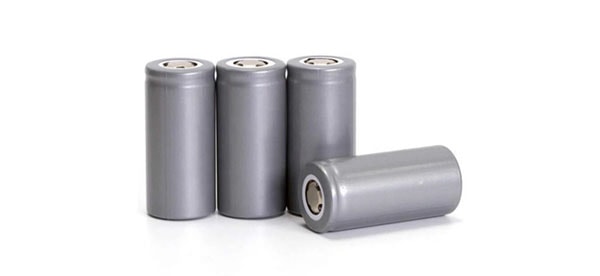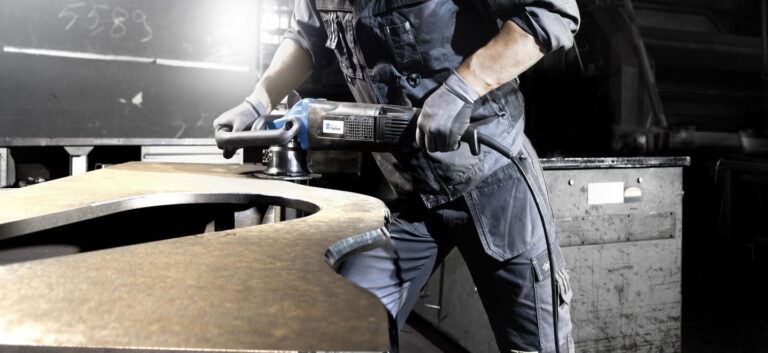Application
Logistics AGVs Our Batteries Serve
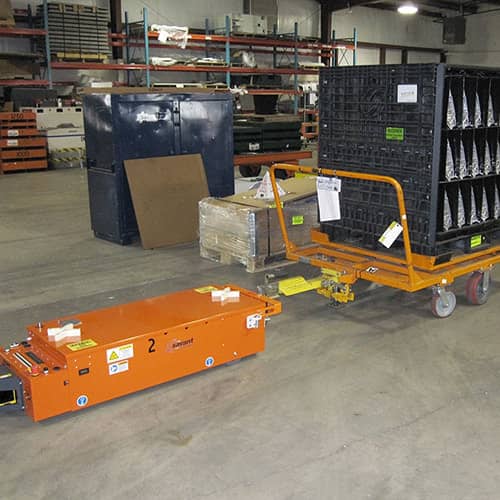
Towing AGVs
These vehicles are designed to pull one or more non-powered carts that contain loads. Given their high energy demand, especially for towing heavy loads, these AGVs can greatly benefit from high-capacity batteries like Lithium Iron Phosphate (LiFePO4) due to their superior cycle life and robustness.
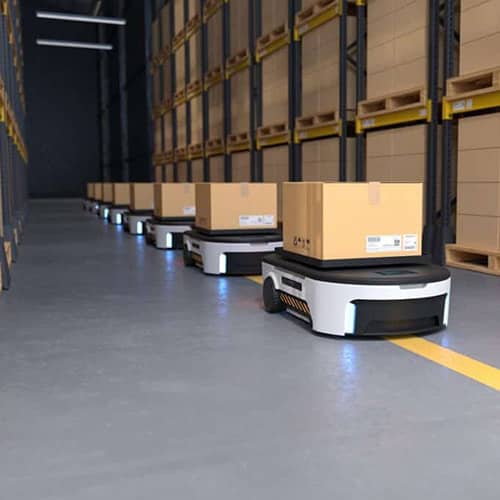
Unit Load AGVs
These AGVs are used to transport individual items, usually on pallets. They require batteries with a good balance between power and energy capacity. Lithium Nickel Manganese Cobalt Oxide (NCM) batteries can be a good fit here due to their higher energy density and good lifespan.
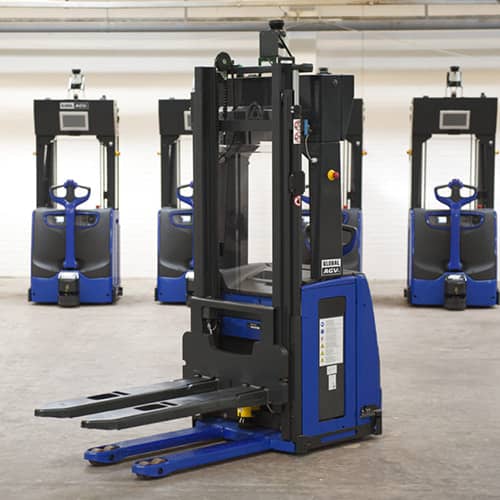
Forklift AGVs
As the name suggests, these AGVs are automated versions of forklift trucks. They often require batteries with high power outputs, especially for lifting heavy loads. NCM or NCA (Lithium Nickel Cobalt Aluminum Oxide) batteries can provide the required power while also maintaining a good energy capacity.
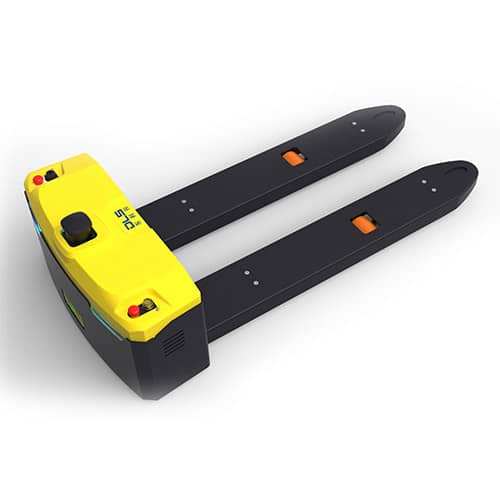
Pallet Truck AGVs
These AGVs are used to transport pallets within a warehouse or factory. Depending on the workload, they might need high-capacity batteries. LiFePO4 batteries can be a good choice for their long lifespan and safety features.
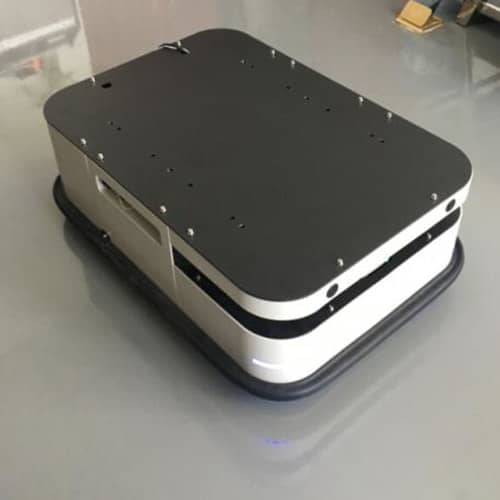
Light Load AGVs
Designed to transport light loads, these AGVs require batteries with a smaller form factor. The high energy density of NCA batteries can be advantageous for these AGVs, allowing them to operate for extended periods.

Assembly Line AGVs
These are used on assembly lines to move parts or assemblies between workstations. Depending on the specific demands of the assembly line, these might require batteries that can handle frequent charging and discharging. Lithium-ion batteries, especially LiFePO4 and NCM, can handle these demands well.
